The Global Leaders Group (GLG) on Antimicrobial Resistance (AMR) has unveiled a pivotal report titled “Towards Specific Commitments and Action in Response to AMR,” aimed at guiding discussions at the upcoming 2024 United Nations General Assembly (UNGA) High-level Meeting on AMR, scheduled for September 2024.
The report presents a set of recommendations for consideration by the UNGA meeting, including the establishment of an Independent Panel on Evidence for Action against Antimicrobial Resistance by 2025, within a One Health framework. Additionally, it calls for the expansion of existing financing mechanisms such as the Green Climate Fund and the Global Environment Facility to include efforts addressing AMR.
Quadripartite organizations, comprising the Food and Agriculture Organization (FAO), the United Nations Environment Programme (UNEP), the World Health Organization (WHO), and the World Organisation for Animal Health (WOAH), are urged to urgently update the 2015 Global Action Plan on AMR to ensure a coordinated One Health response.
The report also emphasizes the importance of ensuring the quality-assured surveillance data on AMR through global surveillance systems such as GLASS, ANIMUSE, and InFARM.
Proposed targets set for achievement by 2030 include a 10% reduction in global deaths caused by bacterial AMR, ensuring that access group antibiotics constitute at least 80% of overall human antibiotic consumption, and reducing the quantity of antimicrobials used in the agri-food system globally by at least 30-5-% from current levels. The access group comprises one of the categories under the WHO AWaRe classification system, alongside Watch and Reserve Groups.
Established in 2020 following a recommendation by the Interagency Coordination Group on AMR (IACG), the GLG on AMR aims to advocate for political action to mitigate drug-resistant infections.
The report underscores the escalating impact of AMR globally, highlighting its status as a leading cause of death worldwide and its potential to reduce global life expectancy by 1.8 years by 2035. Additionally, AMR poses significant challenges to food security, impacting livestock production and the global food chain. Moreover, it is closely intertwined with the triple planetary crisis of climate change, biodiversity loss, and pollution and waste.
The economic burden of AMR is also addressed in the report, with treatment expenses projected to reach US$ 412 billion annually up to 2035, necessitating urgent action to address this growing threat.




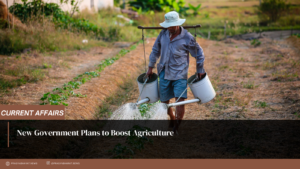
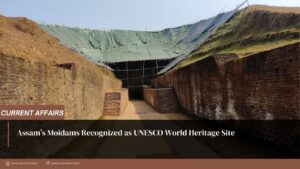
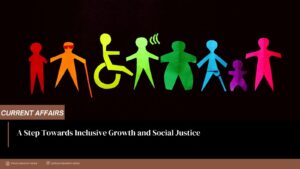
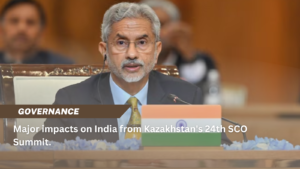




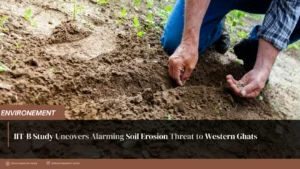
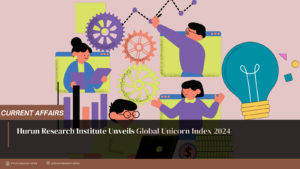


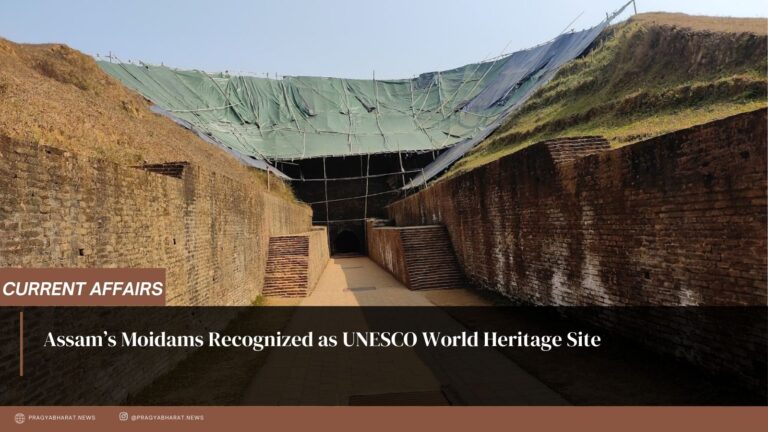
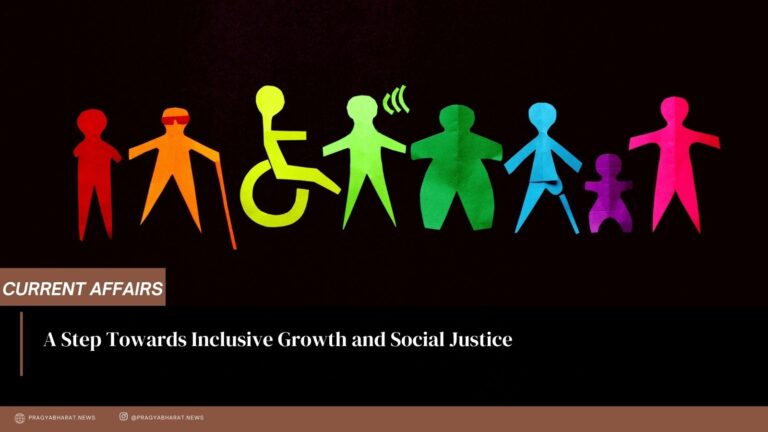
+ There are no comments
Add yours